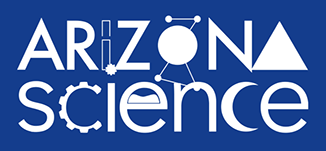 A diet that includes tomatoes can help decrease the risk of skin cancer.
A diet that includes tomatoes can help decrease the risk of skin cancer.
Jake Gavigan
The American Cancer Society recently unveiled new lifestyle guidelines. University of Arizona Health Sciences professor Cynthia Thomson helped lead the Cancer Society's team that detailed simple yet meaningful ways people can use diet to reduce their risk of developing cancer.
Cynthia Thomson spoke with Tim Swindle, director of the University of Arizona Lunar and Planetary Laboratory.
Catch Arizona Science each Friday during Science Friday on NPR 89.1. You can subscribe to our podcast on Apple Music, Spotify, Amazon Music, or the NPR App. See more from Arizona Science.
MORE:




By submitting your comments, you hereby give AZPM the right to post your comments and potentially use them in any other form of media operated by this institution.